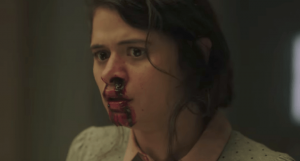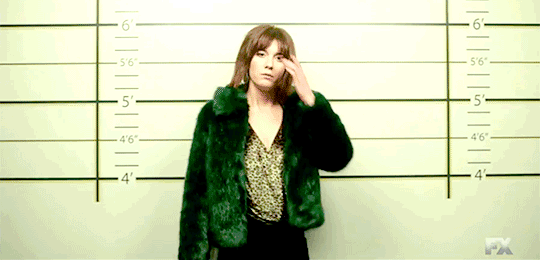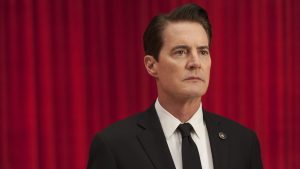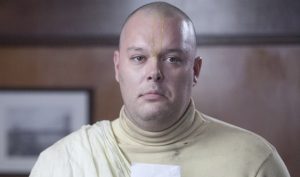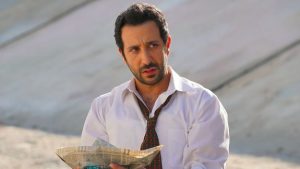“American Vandal” and the Art of Parody

Look at all the dicks indeed.
Netflix’s American Vandal is a good show, a pitch-perfect parody of both true-crime documentaries in the vein of Serial and Making a Murderer and mysteries in general. It’s also kind of hilarious. This is a show, after all, that concerns itself with an act of vandalism that sees bright red penises painted on 27 cars. This is a show that uses WHO DREW THE DICKS as a catchphrase, hashtag, and secret handshake.
Here’s what American Vandal does 100% right: It comes from a place of affection for the very things it’s making fun of.
The Right Way
A lot of parody gets this part wrong. A lot. People tend to parody stuff they despise, because they need to channel that rage somewhere, but that sort of parody is rarely funny. It tends to go for the jugular with a viciousness and blackly humorless violence that simply doesn’t translate into anything entertaining. Look at all the Trump-centric parodies out there; you might agree with the sentiment, but they are rarely actually funny.
That’s because the authors of such parodies don’t actually like what they’re trying to mock. But American Vandal does. You can tell from the fantastic attention to detail; not only do they get the rhythms of these documentaries exactly right, they also get the rhythms and tone of high school life, the varied look and feel of different Internet services, and the way a mystery works right.
And that’s the key to it’s success, really; it offers a well-constructed mystery, populated by interesting characters, and it takes its universe seriously. When characters are funny, they are funny because of their personality traits and quirks, not because the creators are just mercilessly mocking them and making them into strawmen and caricatures. The fact that every charcter in the Vandal universe takes the mystery and its surrounding subplots seriously is why the show clicks. This is best demonstrated by the simple fact that they demonstrate real stakes: The accused dick-drawer, Dylan, faces being held accountable for $100,000 in damages, likely felony criminal charges, and the ruination of his college ambitions. Dylan is bit of a dick, it’s true, and in the early episodes he’s played for laughs as this dumb, self-absorbed prankster (we all knew a Dylan in high school, seriously). But as the show goes on his predicament is shown to be really terrible. Being accused of drawing the dicks could ruin his life (and kinda does, anyway).
Those stakes are key. It shows that everyone in the show is taking it all very seriously, and so the mystery works, and so the parody works. Coming at a humorous subject with disdain isn’t a recipe for hilarity. You have to come at it from a place of affection.


